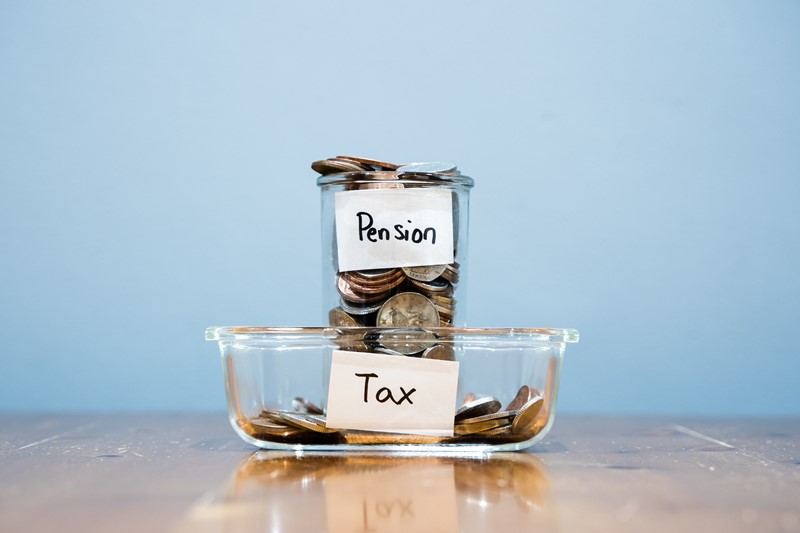There are special rules which allow individuals who have set up private pension scheme(s) to benefit from significant tax reliefs when saving for their retirement. There is no overall limit to the amount of employer or employee contributions and no upper limit to the total amount of pension saving that can be accumulated. However, there are important limits that affect the tax reliefs available. For example, you will usually need to pay a tax charge if your private pension pots total more than £1,073,100. There will also be tax to pay if your pension contributions exceed £40,000 in any tax year, unless covered by unused relief from the previous three years, (this £40,000 limit may be reduced for high income earners).
Certain pension benefits can be taken tax-free. In general, you can take 25% of your pension pot as a one-off lump sum without paying tax but the remaining 75% must be used to buy an annuity, to secure an adjustable income or taken as cash (with tax due on the balance). You can also take smaller cash sums from your pension pot and 25% of each chunk would be tax free.
However, it is important that taxpayers are aware of the tax position when receiving pension income. Apart from the special tax-free benefits, pension income is treated as earned income for Income Tax purposes and any Income Tax payable is calculated as per the usual rules. The personal allowance for the current tax year is £12,570. There is no liability to pay National Insurance contributions on pension income.
Income Tax is also due on the State Pension, earnings from employment or self-employment and any other taxable income received.


Recent Comments